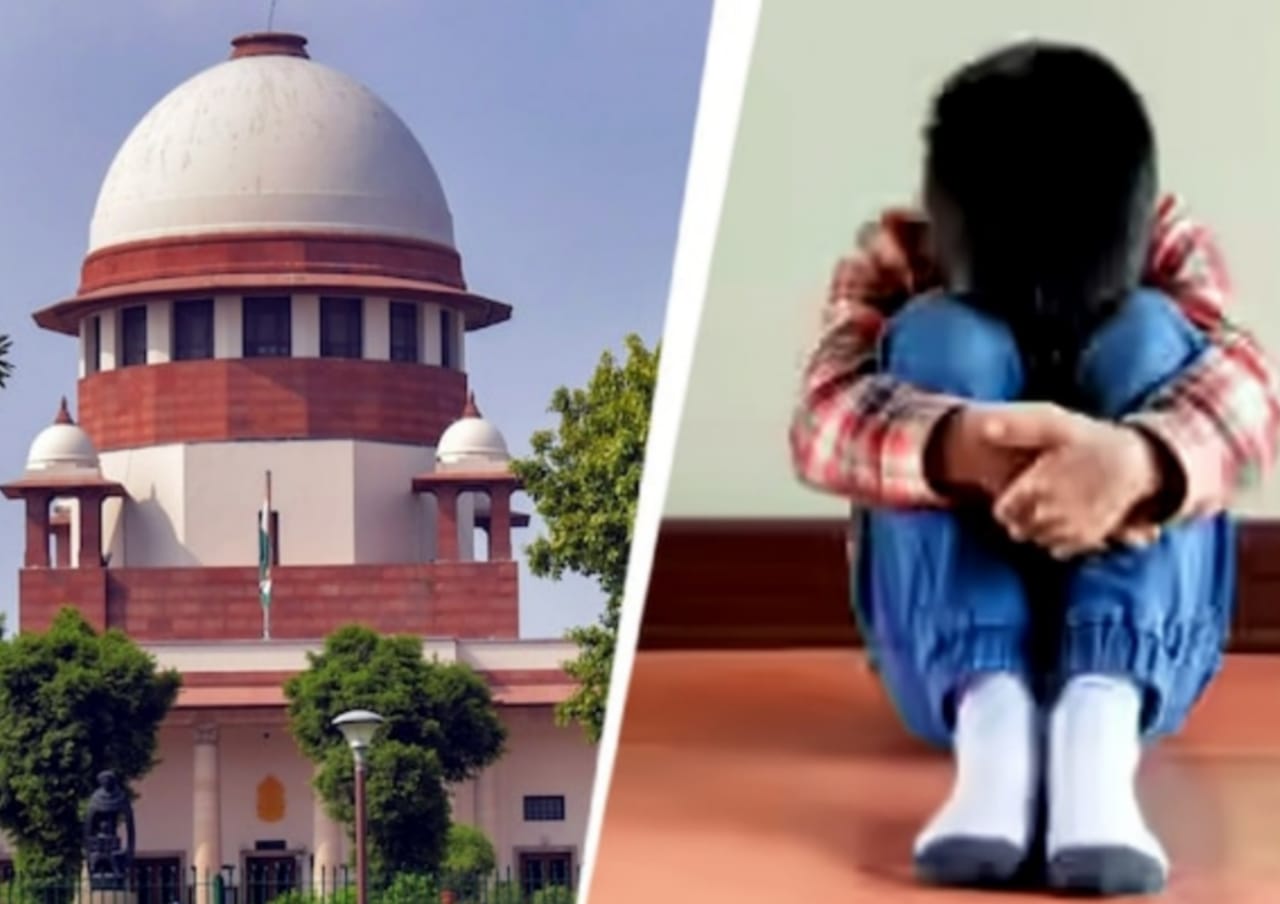
NEW DELHI:
In a significant ruling prioritising the welfare of a minor, the Supreme Court on restored the custody of a 12-year-old boy to his mother, setting aside its own earlier judgment that had awarded permanent custody to the biological father. The decision followed a review petition filed by the mother, supported by fresh psychological reports indicating the child was experiencing severe anxiety due to the change in custody.
A bench of Justices Vikram Nath and PB Varale heard the matter in open court and acknowledged that its earlier decision, upholding a Kerala High Court order favouring the father, had not fully considered the psychological harm to the child. “We cannot turn a blind eye to the trauma that is being inflicted on the child in consequences of the orders of the courts of law handing custody to the father,” the bench observed.
The Court said that while the power of review must be used sparingly, in this case the child’s deteriorating mental health qualified as a “substantial and compelling” ground for intervention. “There is no room for doubt that in matters of custody, the best interest of the child remains at the heart of judicial adjudication,” it stated.
The couple, divorced by mutual consent in 2015, had agreed on the mother retaining custody of the child. After remarrying and giving birth to another child, the mother expressed her intent in 2019 to relocate to Malaysia to join her husband. The father opposed the move and sought permanent custody, also alleging that the child’s religion had been changed without his consent.
Although the family court in October 2022 reaffirmed the mother’s custody, the Kerala High Court later reversed this and granted custody to the father. The Supreme Court initially upheld that verdict in August 2024, but the mother filed a review petition supported by clinical reports from CMC Vellore. These reports flagged a “high risk for separation anxiety disorder” and “significant anxiety,” and recommended against removing the child from his current home.
Taking these into account, the Court noted that the custody shift had a “calamitous effect” on the child’s mental state. It held that the mother’s remarriage and the presence of step-siblings had not diminished her care and commitment. “There is nothing on record to reflect that the petitioner’s subsequent marriage or the birth of the second child has, in any manner, altered her level of motherly devotion to the minor in question,” the bench remarked.
The father’s argument that the psychological assessments were biased was dismissed, as four separate reports over seven months consistently found signs of distress. The Court warned that a further custody change would uproot the child from a “secure, supportive and loving family” environment.
While restoring the mother’s custody, the Court acknowledged the father’s desire to maintain a relationship and granted him structured visitation, weekly physical meetings and two virtual sessions per week. Overnight stays were not allowed at this stage. The Court also directed continued counselling for the child and encouraged the father to participate, stating, “A father-son relation can only be fostered patiently over the course of years, with boundless love, care and empathy.”
The Court concluded by advising both parents to act in the child’s best interest and instructed the family court to avoid summoning the child unless absolutely necessary.
Senior Advocate Liz Matthew represented the petitioner, while Senior Advocate Kiran Suri appeared for the respondent.